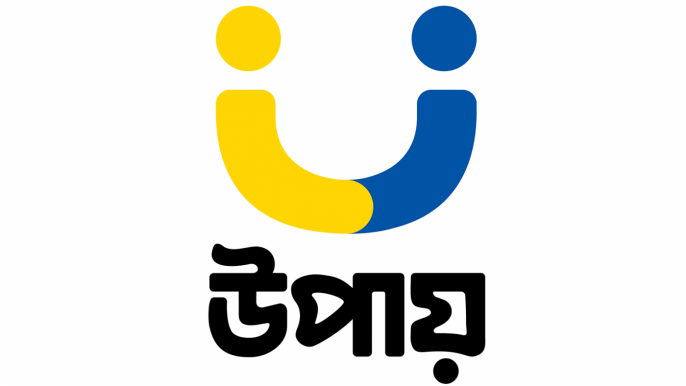UPAY is a digital payment solution created by the United Commercial Bank Limited (UCBL) in Bangladesh. It provides users with an easy and secure way to carry out a variety of financial activities, such as transferring money and paying bills, either through mobile devices or online. The goal of UPAY is to encourage cashless payments and promote financial inclusion, addressing the needs of both banked and unbanked individuals, thereby improving access to financial resources.
UPAY is a digital payment solution created by the United Commercial Bank Limited (UCBL) in Bangladesh. It provides users with an easy and secure way to carry out a variety of financial activities, such as transferring money and paying bills, either through mobile devices or online. The goal of UPAY is to encourage cashless payments and promote financial inclusion, addressing the needs of both banked and unbanked individuals, thereby improving access to financial resources.
When an online casino supports UPAY, the process generally unfolds as follows:
UPAY, Nagad, and bKash are three well-known digital payment systems in Bangladesh, each addressing different user needs. Here’s how UPAY stacks up against Nagad and bKash across various criteria:
While bKash, Nagad, and UPAY each offer essential services that facilitate financial transactions and enhance financial inclusion in Bangladesh, they vary significantly in terms of ownership, customer base, service offerings, and areas of focus. The best option will usually align with individual preferences, specific needs, and the requirements of each financial transaction.
